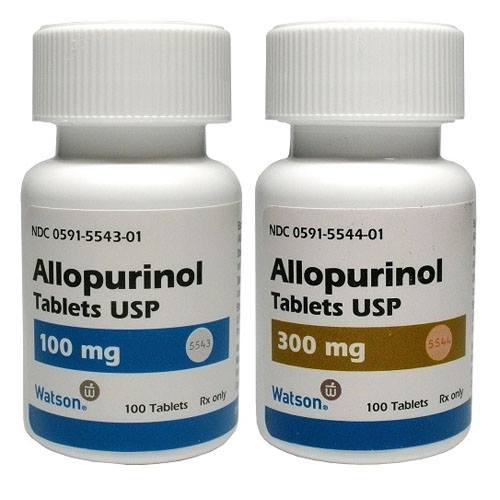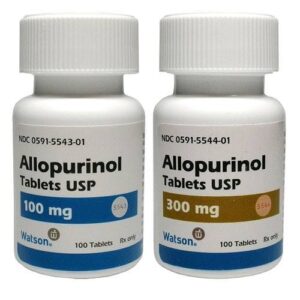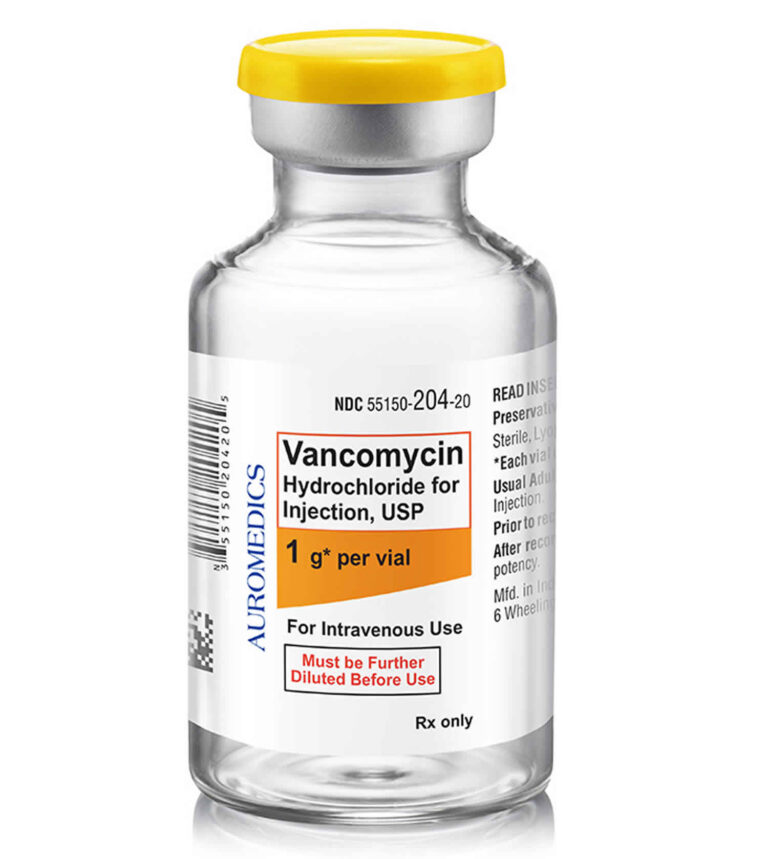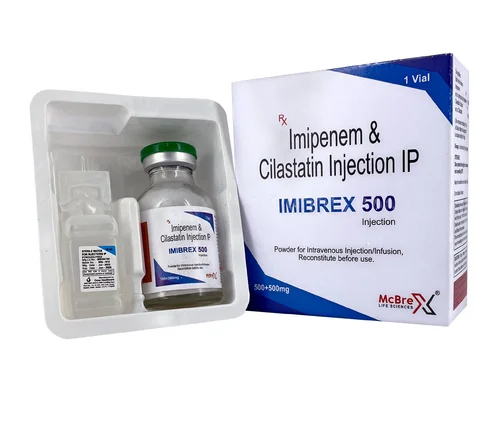
Allopurinol is a medication used for the treatment of gout. Gout is a condition due to the excess uric acid in the blood. It helps lower uric acid levels, reducing the likelihood of disease. Additionally, it has other applications, such as treating kidney stones and preventing certain chemotherapy-induced complications. This article delves into the drug’s class, uses, side effects, popular brand names, interactions, contraindications, and essential instructions.
Drug Class of Allopurinol
Allopurinol drug class: xanthine oxidase inhibitor
It produces its effect by blocking the enzyme xanthine oxidase, which converts purines into uric acid. It reduces the production of uric acid in the body and helps to control conditions related to hyperuricemia.
Uses of Allopurinol
Gout Management
It is most commonly prescribed for gout. Lowering uric acid levels prevents attacks of acute gout and reduces the frequency and severity of the disease.
Prevention of Kidney Stones
High uric acid levels can cause kidney stones. It reduces uric acid levels and prevents the formation of new stones.
Cancer Treatment Support
Allopurinol is used to prevent complications such as tumor lysis syndrome (TLS) in patients. During chemotherapy for cancers like leukemia and lymphoma cancer cells break down rapidly, releasing large amounts of uric acid.
Other Conditions
In some cases, allopurinol may be used for conditions involving excessive purine metabolism, such as certain enzyme deficiencies or metabolic disorders.
Side Effects of Allopurinol
The most common side effects include:
Common Side Effects
- Rash
- Diarrhea
- Nausea
- Drowsiness
- Headache
Serious Side Effects
- Severe skin reactions (e.g., Stevens-Johnson syndrome)
- Liver damage
- Kidney problems
- Low blood counts (leukopenia, thrombocytopenia)
- Allergic reactions (e.g., hives, difficulty breathing)
Rare but Severe Side Effects
- Drug-induced hypersensitivity syndrome (rash, fever, and organ involvement)
- Rhabdomyolysis (muscle breakdown leading to kidney damage)
Popular Brand Names of Allopurinol
| Brand Name | Dosage Form | Strengths Available | Typical Dosage | Additional Information |
| Zyloprim | Oral tablet | 100 mg, 300 mg | 100-300 mg daily | Commonly prescribed for gout |
| Aloprim | Injection | 100 mg/30 mL | 200-400 mg daily | For use in hospital settings, mainly for TLS |
| Lopurin | Oral tablet | 100 mg, 300 mg | 100-300 mg daily | Generic alternative to Zyloprim |
| Purinol | Oral tablet | 100 mg, 300 mg | 100-300 mg daily | Widely used as a first-line treatment for gout |
Drug Interactions of Allopurinol
Common interactions include:
Allopurinol increases the level of following medication raising the risk of toxicity.
- Azathioprine and Mercaptopurine
- Theophylline
Medications that Decrease Allopurinol Effectiveness
- Diuretics
- Probenecid
Other Drug Interactions
- Warfarin– it may increase the risk of bleeding.
- Ampicillin and Amoxicillin– These antibiotics may increase the risk of developing a rash.
Always consult with a healthcare professional before combining it with other medications.
Contraindications of Allopurinol
It should not be used in individuals with the following conditions:
- Hypersensitivity
- Severe Liver or Kidney Dysfunction
- Pregnancy
- Breastfeeding
Important Instructions
To ensure safe and effective use of allopurinol, follow these important instructions:
- Increase the dose Gradually.
- Allopurinol is often started at a low dose and gradually increased to prevent the risk of severe reactions.
- Stay Hydrated with allopurinol to help prevent kidney stones and promote the excretion of uric acid.
- Monitor Uric Acid Levels to ensure that the drug is working effectively.
- Avoid Sudden Changes in Dose
- Avoid Alcohol and Purine-Rich Foods such as red meat and shellfish, which can worsen the gout symptoms and counteract the benefits of allopurinol.
Conclusion
Allopurinol is a highly effective treatment for conditions related to excess uric acid, such as gout and kidney stones. It can have side effects, and it is important to monitor for interactions with other medications. Patients should follow medical instructions carefully to avoid complications and ensure the drug’s effectiveness. Regular check-ups and lifestyle adjustments, such as hydration and diet, play a vital role in the success of allopurinol therapy. Thus always consult a healthcare professional before the start of this therapy.




